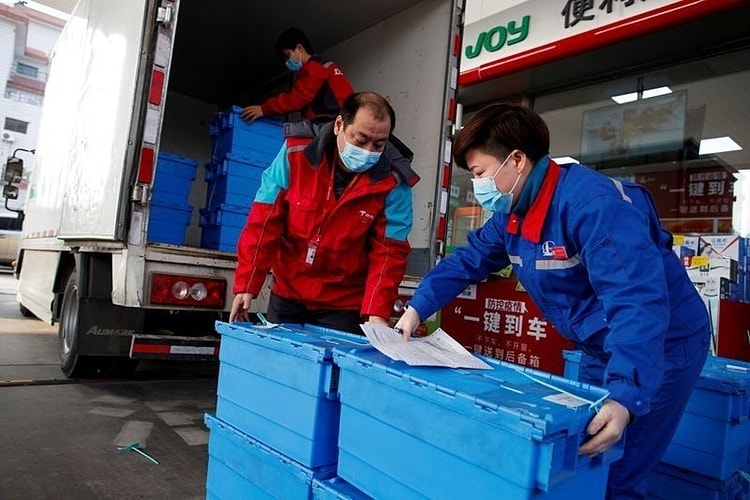How long can China's economy withstand Covid-19?
According to Professor Michael Spence, a Nobel Prize winner in economics, the impact of Covid-19 on the Chinese economy is only temporary, and the long-term impact is almost impossible.
The Covid-19 pandemic has killed thousands of people, disrupted the lives of hundreds of millions and left the world in limbo. Because epidemiologists have yet to fully understand how the virus spreads, no one can say for sure when it will be contained, let alone what the economy will look like.
However, this does not mean that nothing can be predicted. Historical experience with similar major shocks suggests that the short-term economic damage is likely to be significant. Sectors that are expected to be most directly affected include transportation, tourism, luxury goods, and automobiles.
Some credible estimates suggest that China’s GDP growth could fall by 2-4 percentage points each quarter until the outbreak peaks. Both output and consumption have been squeezed by both voluntary and enforced travel restrictions. The growth boost from the Lunar New Year holiday this year has also been absent.
The question is when the epidemic will peak. Optimistic forecasts call for a partial recovery in the second quarter. Michael Spence, Nobel laureate in economics, professor of economics at New York University’s Stern School of Business, and senior fellow at the Hoover Institution, says it would be more realistic to expect a recovery in the third quarter.
 |
| Workers at a Sinopec gas station in Beijing unload boxes of vegetables and fruits on February 28. This is a new service by Sinopec, called "touchless" food ordering during the epidemic. Photo:Reuters |
However, he said, it is also impossible to rule out the possibility that Covid-19 will become a prolonged pandemic, causing greater damage to economies due to business hardship, reduced employment, investor hesitation and weak or delayed policy responses.
This expert commented that, in general, the long-term effects of Covid-19 on the Chinese economy are quite small, even insignificant. The world's second largest economy can no longer be called "fragile". Indeed, it is less dependent on exports than in 2003, when the SARS epidemic was raging. This economy also has many conditions to recover quickly from strong shocks.
One often underestimated source of strength, he points out, is the rapid expansion of China’s digital economy. As much as 35.3 percent, or 25 percent by some estimates, of China’s retail sales are online. Mobile Internet penetration is high and rising.
China’s mobile payment system is arguably the most advanced in the world. With most people and businesses connected and operating online, it’s easy to generate massive amounts of data. Artificial intelligence then increases the scale and efficiency of the digital ecosystem.
This will provide a significant boost to China’s economic resilience, especially in the face of a crisis that limits mobility. Advanced digital infrastructure means that workers in many jobs and industries can continue to work from home, even if they are quarantined. Similarly, sophisticated online education platforms can offset some of the impact of school closures.
For businesses facing cash flow and working capital challenges, credit can be extended and provided remotely. This will minimize long-term damage to the service sector, especially small and medium-sized enterprises. Online insurance products can also be expanded in some sectors. Ordering medical supplies online can avoid shortages during the crisis, as algorithms quickly detect and respond to bottlenecks.
Online platforms can also provide a powerful defense against opportunity cost ramifications, protecting vulnerable people. Amazon, for example, has warned sellers not to charge exorbitant prices for masks or risk being shut down.
As an even larger part of the economy comes online, monitoring its performance becomes easier, faster and more accurate. This data can be used to tailor policy responses and improve forecasting accuracy, thereby boosting business confidence, encouraging investment and accelerating recovery.
For the rest of the world, tourism is facing a major shock, even in countries that have not been hit as hard. Companies with a significant presence in China – such as in the auto and luxury goods sectors – are also likely to be affected. But they are likely to recover along with the Chinese economy.



.jpg)
![[Infographics] 5 biện pháp phòng, chống dịch COVID-19 [Infographics] 5 biện pháp phòng, chống dịch COVID-19](https://bna.1cdn.vn/thumbs/540x360/2025/05/22/anh-2.jpg)

-5b8619d675cc4f38cedd8c853332ddab.jpg)

